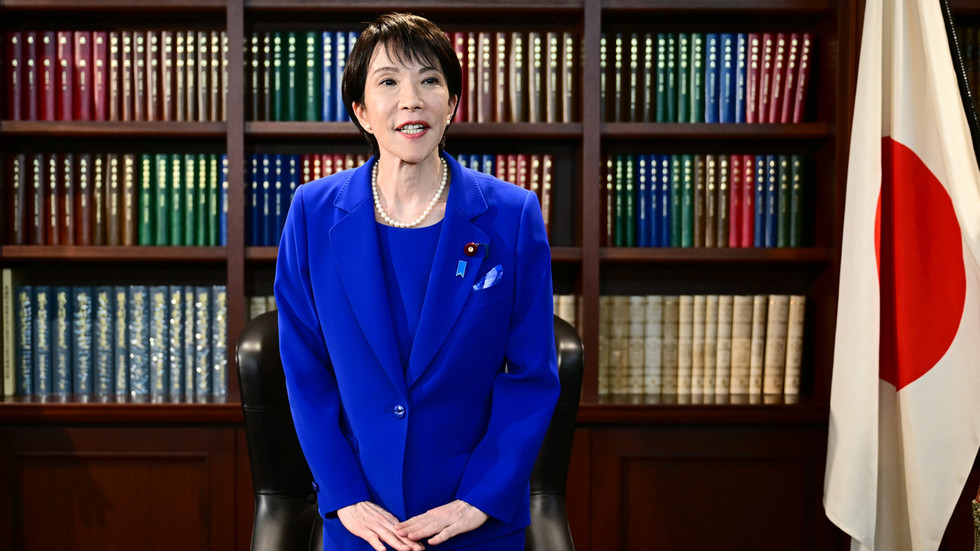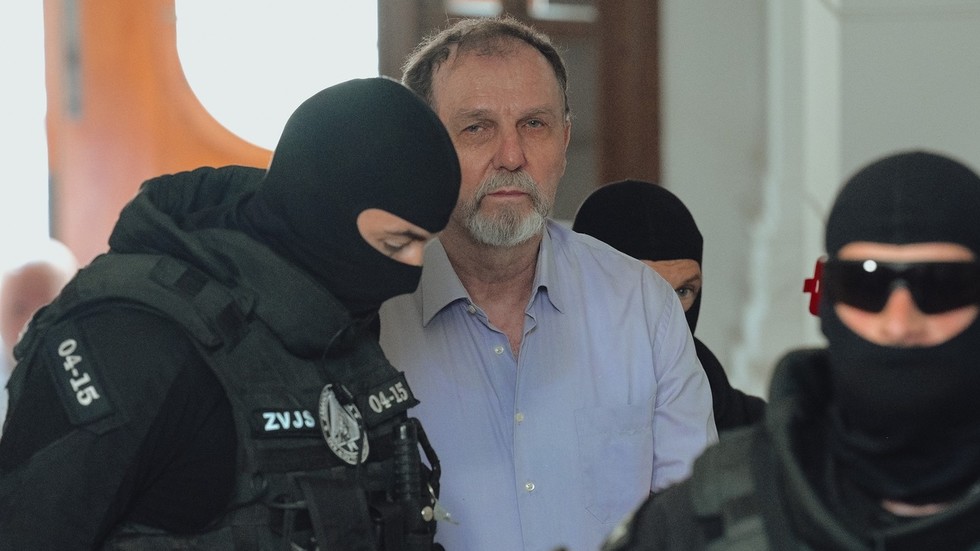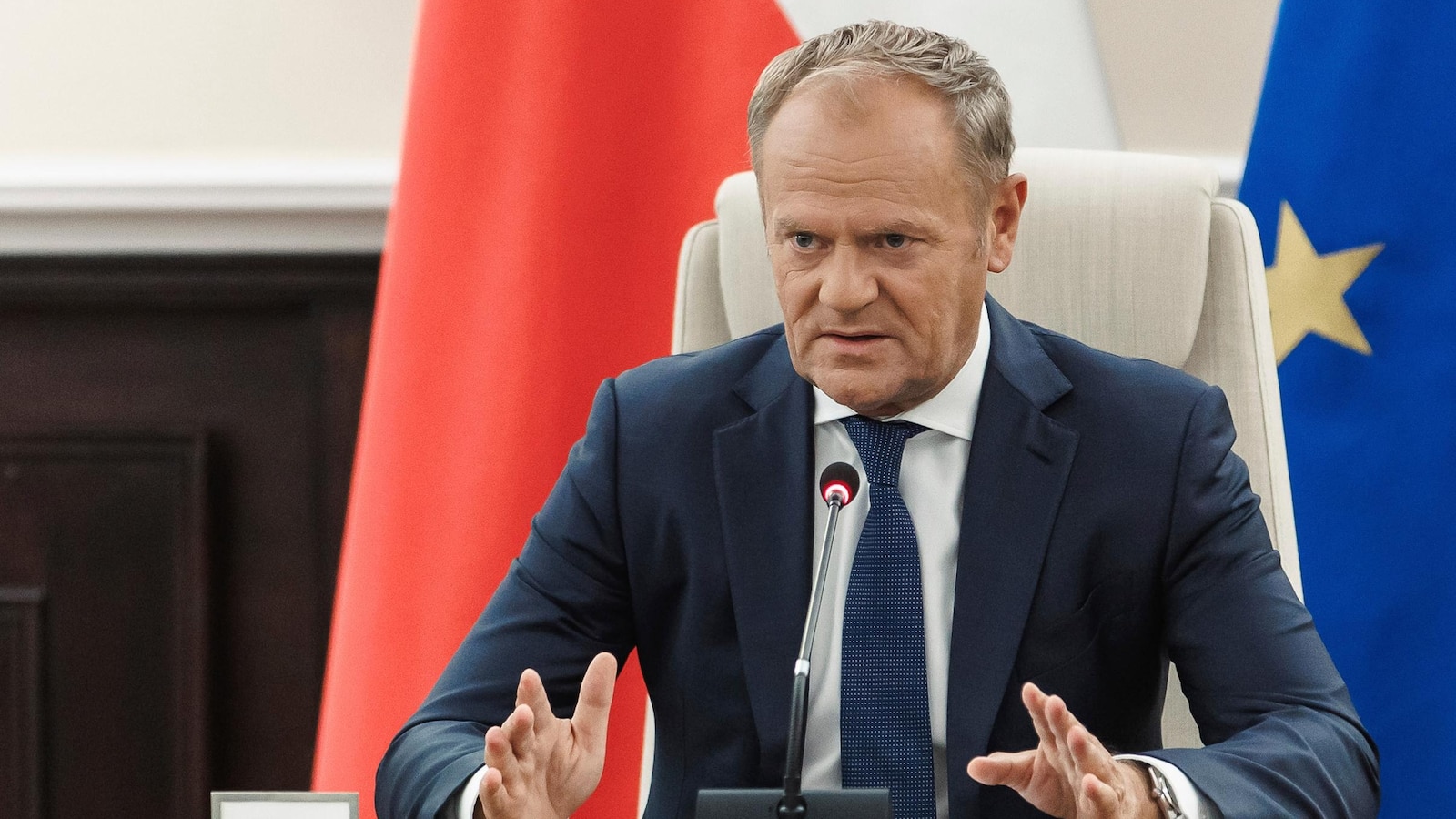NPR's Mary Louise Kelly speaks with Labour MP Clive Lewis about the far-right "free-speech" march in London last weekend.
MARY LOUISE KELLY, HOST:
One of the many Brits watching that big march here in London over the weekend was Clive Lewis. He is a Labour MP - member of parliament. He's spent a lot of time thinking about what it means to be British, what it means to wave the Union Jack having grown up in Northampton with an English mother and a father from Grenada in the Caribbean. Clive Lewis, welcome.
CLIVE LEWIS: Hello. Lovely to be here.
KELLY: What was top of mind for you as you watched - I don't know, I saw estimates of some 150,000 people on the streets of London for a march organized by the hard-right activist Tommy Robinson?
LEWIS: I think, like many other people, I expected maybe a smaller demonstration of what you would call the hardcore - the kind of hardened Tommy Robinson supporters.
KELLY: And it was not a small crowd at all. It was, as I said...
LEWIS: Oh, it turned out to...
KELLY: ...Many, many thousands of people.
LEWIS: I mean, it was hundreds of - I would say 150,000, maybe more. It was massive. And I think for a lot of people watching that, your immediate response is, is this 200,000 hardened racists and fascists marching in the streets of London? And I sat in my window, and I looked down into the crowd. And there were people who kind of maybe - you know, with the banners they were holding, maybe fit that description. But many of them just seemed to be people that I recognize - people I grew up with, people I live next door to. That actually was more terrifying.
I actually had a friend - a good school friend - who messaged me to say, I'm here. I'm on the march. You know, he's white, English. I'm mixed heritage. And I was like, what are you doing on this march? And he was like, I'm here. I want to be listened to. I want to feel proud of my country again. Now, I know Darren (ph), and he's a great guy. He's one of my best mates. And he's got Black family that look like me. And he was on the march. So that immediately, you know, reinforced the view that, OK, this is a lot more complex. You can't just put all of these people into a box now. There are people who may be on a trajectory towards a harder right-wing kind of perspective, but actually, they're not there yet.
KELLY: Something that may resonate for Americans listening to you - you posted after the march about the extent to which British institutions - and you mentioned railways or the health system, the NHS - how they've been hollowed out, and it leaves people feeling disconnected, feeling powerless. Say more.
LEWIS: So, you know, one of the things that I'm watching - so Nigel Farage is our equivalent of Donald Trump, in some ways, politically.
KELLY: Your fellow British MP?
LEWIS: Yes, he's an MP with me. And I have noticed as of late that this is someone who basically champions, you know, big oil. He champions wealth. He champions low tax. But I've noticed as of late, even he has begun - as did Donald Trump before the last election - started talking about what people would call a kind of far more socialist kind of rhetoric and language about the economy in some areas where things aren't working. Like, for example, in this country we have a privatized water system which isn't working, and vast profits are being made, and the costs to us, the public, are going through the roof. And he's now moved to a kind of public-private partnership position.
So there are areas where he understands that people are angry with the status quo. They're angry with how their economy has been hollowed out, the health care system. All of these things now, people are increasingly skeptical, increasingly saying, I don't trust you. They feel marginalized, and they feel unlistened to. And the first people out of the block to say, we hear you and we're going to change that, are the right.
KELLY: Last thing to ask you, Clive Lewis. I was reading that the rally over the weekend here was organized in part to honor the American conservative activist Charlie Kirk, who was shot and killed last week. As you watch, from this side of the Atlantic, events playing out in America, including the very partisan debate that has followed Kirk's death, anything resonate for you?
LEWIS: Yes, it does. I mean, I obviously took an interest in what Charlie had said after the fact of his killing, and I will admit that I didn't know too much about him before. And he is someone who had some what I would consider to be quite controversial, you know, racist views. And yet, you know, he is entitled to express his opinions within the law, and he shouldn't have been killed for that. But what I am seeing is that it looks like some people are taking it as an opportunity for enhanced political repression. And I think this is the problem. When people talk about freedom of speech, I don't always think they actually mean freedom of speech. I think what they actually mean is freedom for us to speak our values and for those to have greater weight than yours, and actually, we may even shut yours down.
KELLY: And how does that track, or not, with the conversation here in Britain?
LEWIS: I think, you know, it's very similar. We're maybe a few years behind you. I don't think we're as deeply divided as you yet. I think the division of - particularly in wealth and power is starker in the United States, but we're catching up rapidly.
KELLY: Clive Lewis - he's a Labour member of parliament here in Britain, one of many voices we are hearing this week as we cover President Trump's visit to the U.K. Clive Lewis, thank you.
LEWIS: Thank you.
(SOUNDBITE OF MUSIC)
Copyright © 2025 NPR. All rights reserved. Visit our website terms of use and permissions pages at www.npr.org for further information.
Accuracy and availability of NPR transcripts may vary. Transcript text may be revised to correct errors or match updates to audio. Audio on npr.org may be edited after its original broadcast or publication. The authoritative record of NPR’s programming is the audio record.

 1 month ago
11
1 month ago
11










 English (US) ·
English (US) ·